Kiev is in turmoil. And this turmoil has been beautifully captured in a before and after image by Reddit user nasdaf.
Click on the image below to see the complete overview of the before and after state of independence square in Kiev, Ukraine.
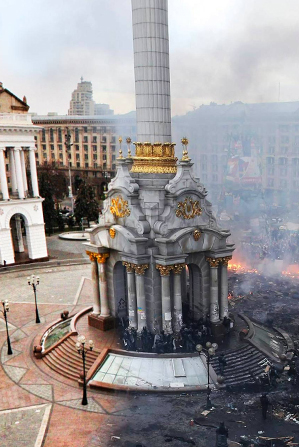
Kiev is in turmoil. And this turmoil has been beautifully captured in a before and after image by Reddit user nasdaf.
Click on the image below to see the complete overview of the before and after state of independence square in Kiev, Ukraine.

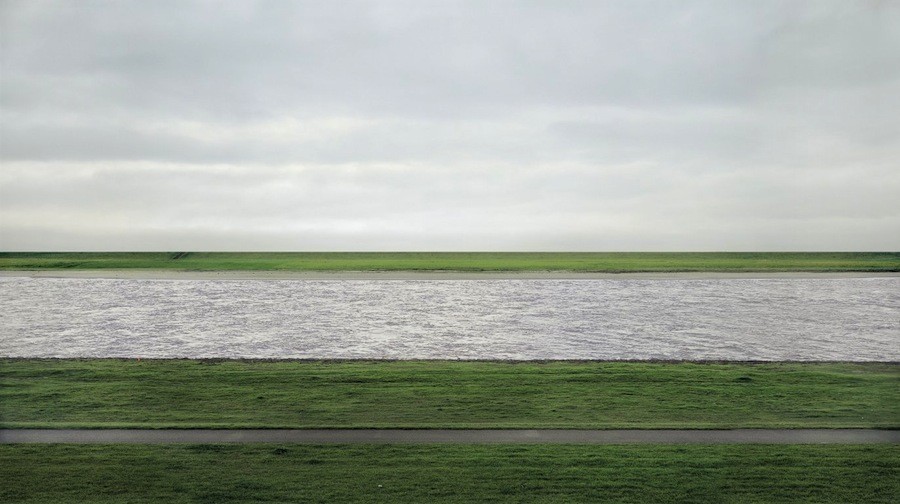
Have some money to spare? Perhaps you should invest in art. And what better art then photographic art. As the art world is always undergoing change. The influence of photography in the art world has been on the rise ever since the camera was properly used to capture ‘real life’ and since Man Ray played around with this ‘real’ medium. Of course the price of a photograph will rise when its historic relevance to some important person or event seems rare and thus special. But the most expensive photographs lately were created by photographers who used their cameras to create and tell a story. Ignite an emotion in the viewer. And that of course is what art is all about.
Below the top 10 of photographs sold for a couple of more pennies than I have managed to sell mine. So which one would you like to hang on your wall?
#1 Rhein II – Andreas Gursky (1999) $4.3 million

#2 Untitled #96 – Cindy Sherman (1981) $3.9 million
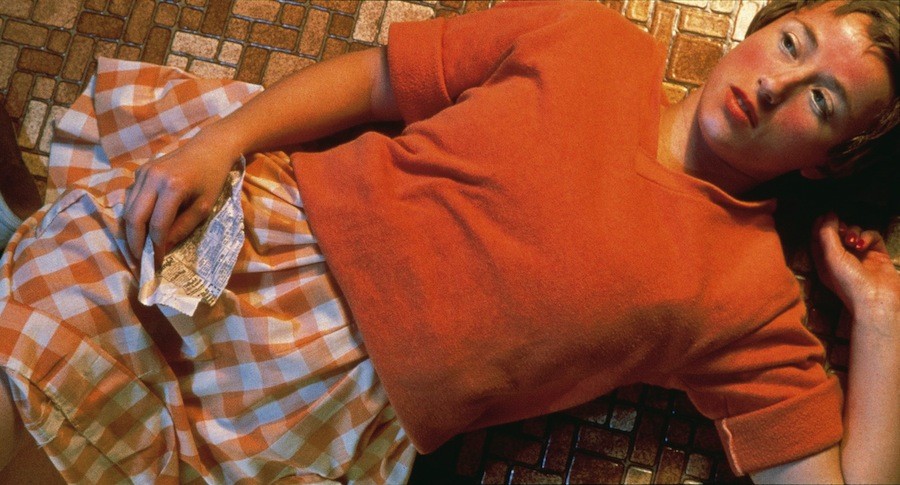
#3 For Her Majesty – Gilbert & George (1973) $3.7 million
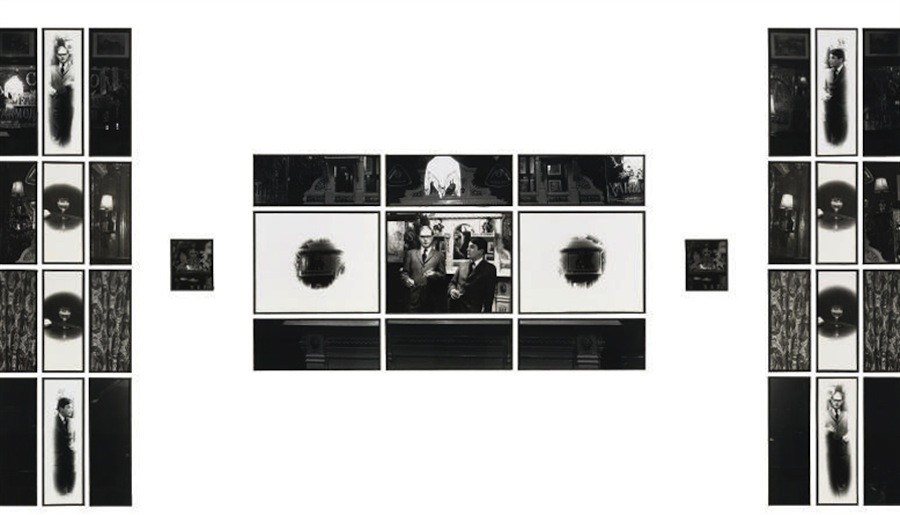
#4 Dead Troops Talk – Jeff Wall (1992) $3.7 million
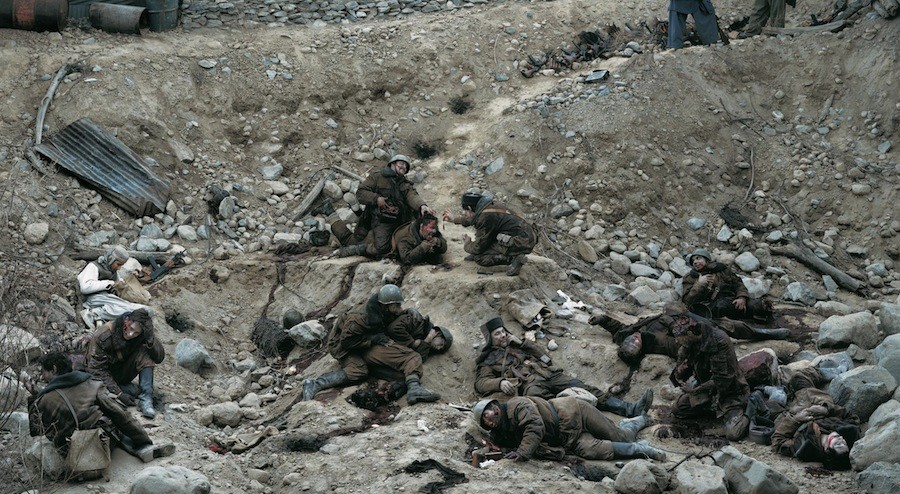
#5 Untitled (Cowboy) – Richard Prince (2001-02) $3.4 million
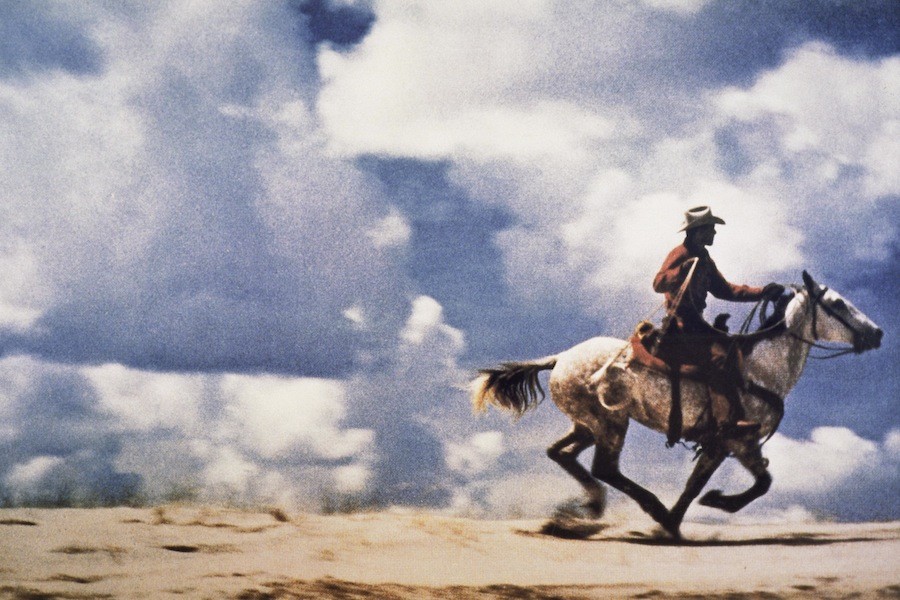
#6 99 Cent II, Diptychon – Andreas Gursky (2001) $3.3 million
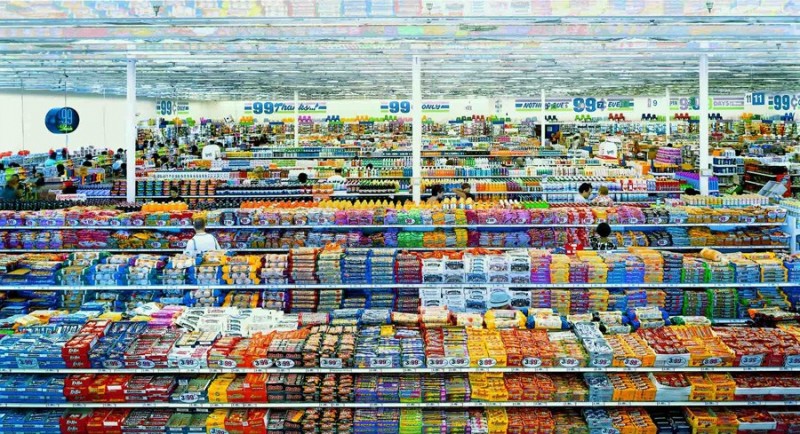
#7 Los – Angeles – Andreas Gursky (1998) $2.9 million
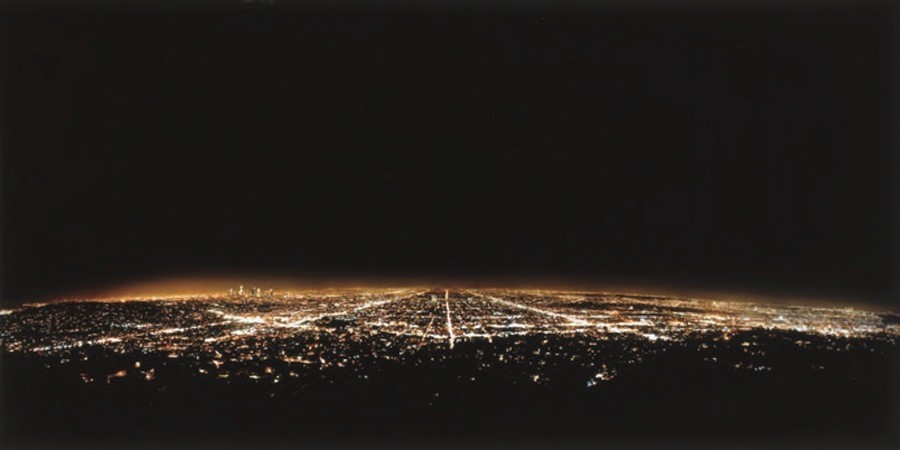
#8 The Pond/Moonlight – Edward Steichen (1904) $2.9 million
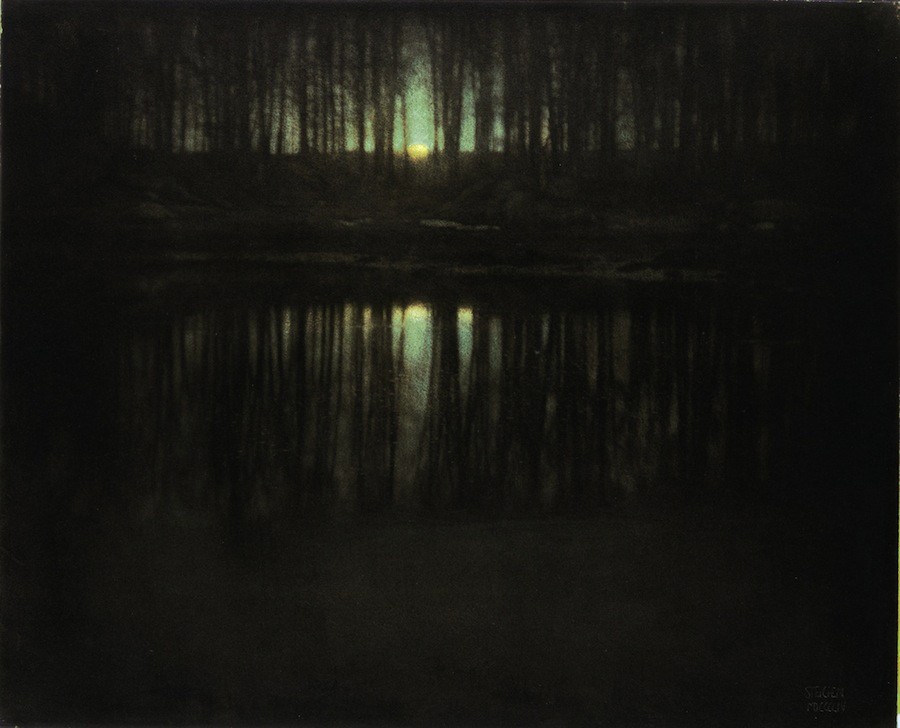
#9 Untitled #153 – Cindy Sherman (1985) $2.7 million
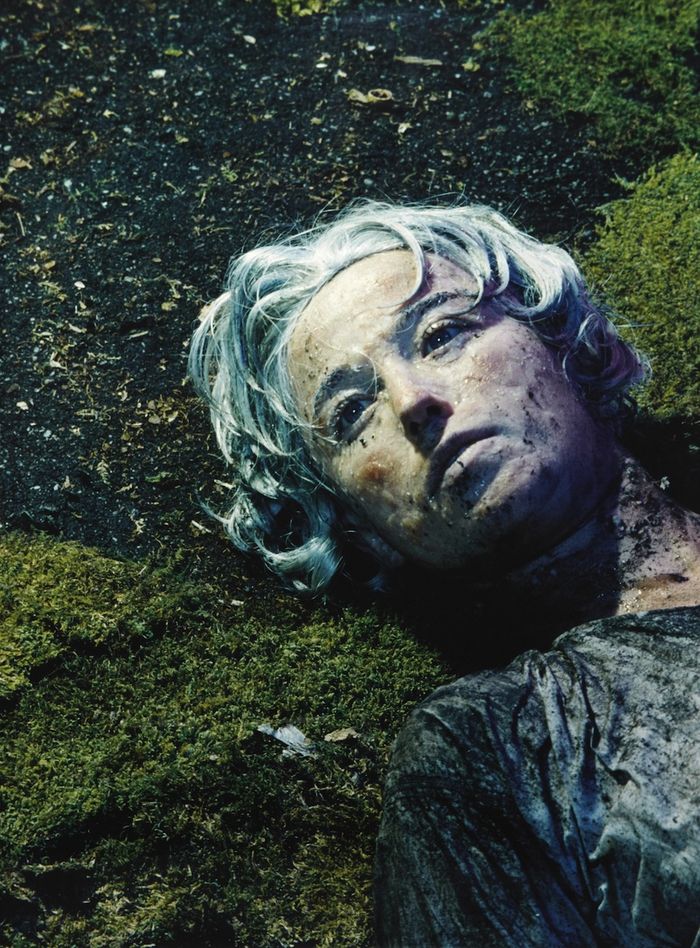
#10 Billy the Kid – Unknown (1880) $2.3 million
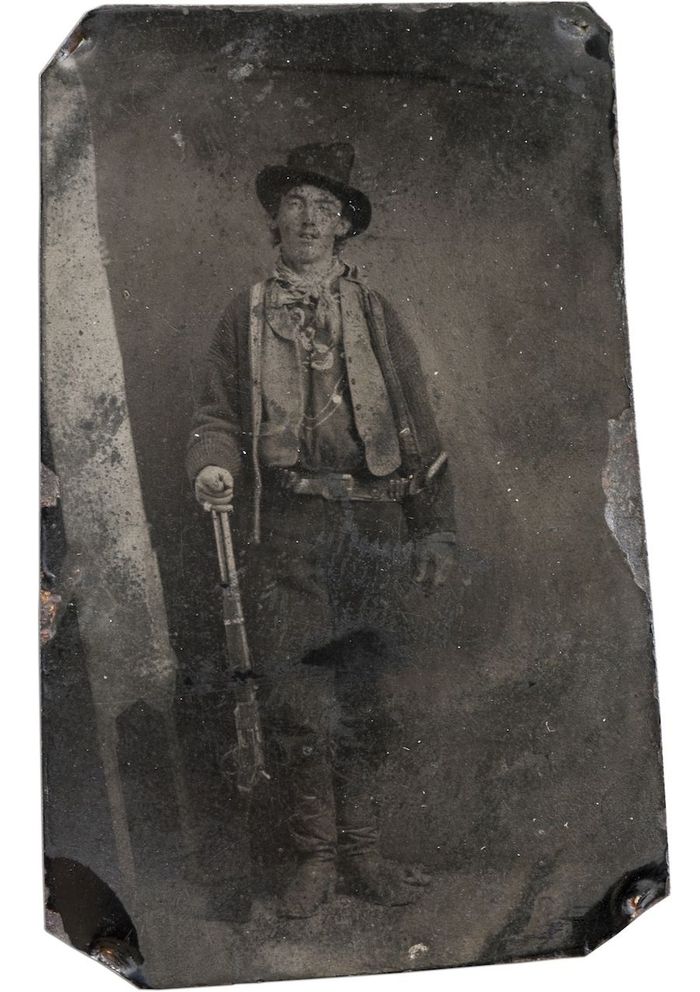
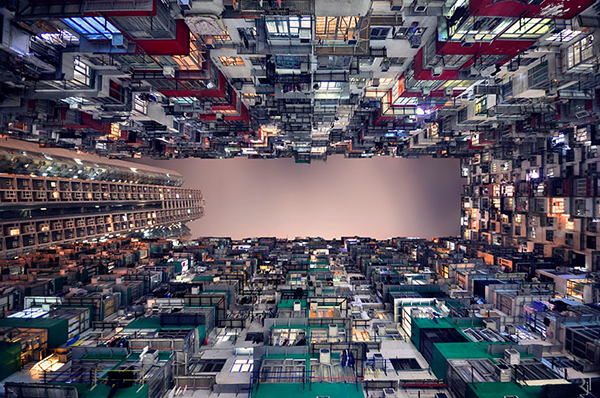

Cities are growing and growing. More and more people move to the big city to achieve their career goals and chase their dreams. Because of this growth the landscapes of places change. If you have ever been to a major city you will recognize Romain Jacquet-Lagrèze’s series Vertical Horizon. The photos show us a different look of Hong Kong’s cityscapes. The lack of a true horizon due to all that growth shows us a new vista. A vertical one. Look up with Romain and be part of his journey between the geometry of Hong Kong’s urban environment.
Romain Jacquet-Lagrèze’s website: www.rjl-art.com
The book on amazon:
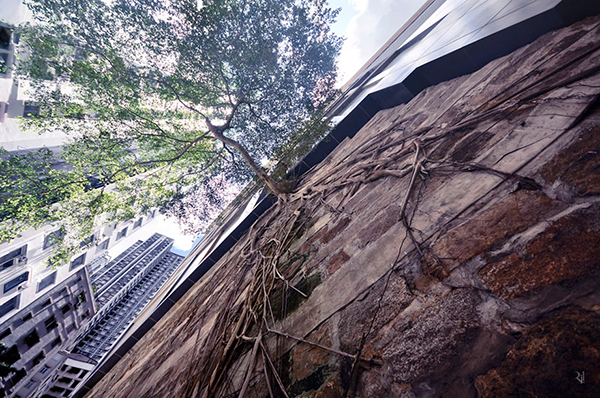
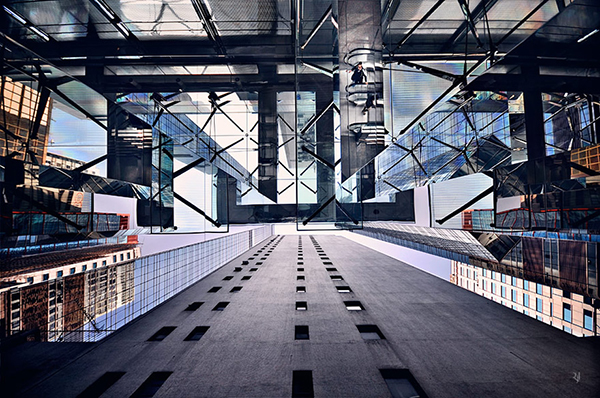
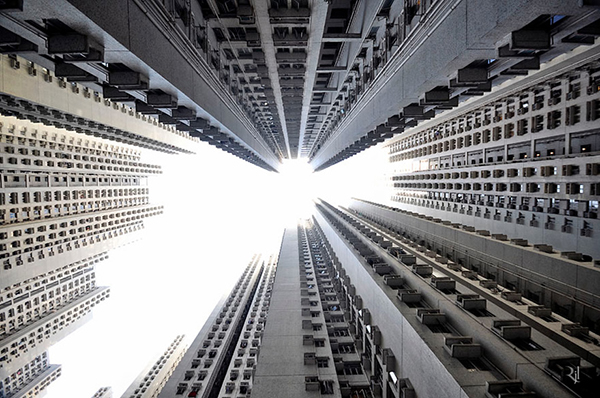
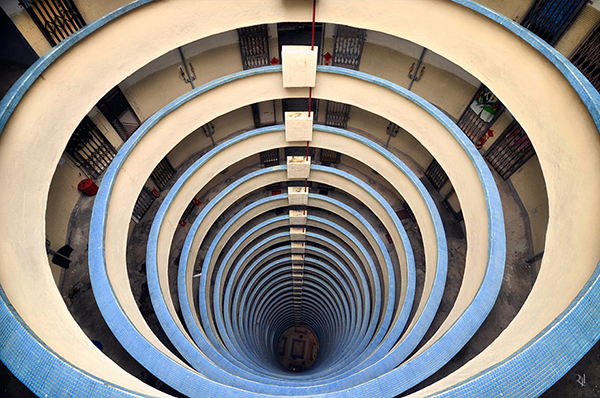
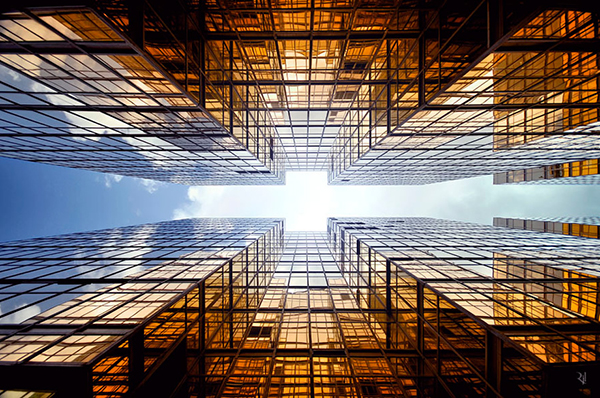
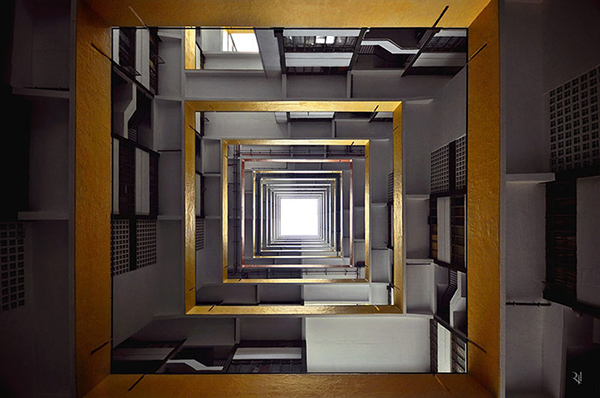
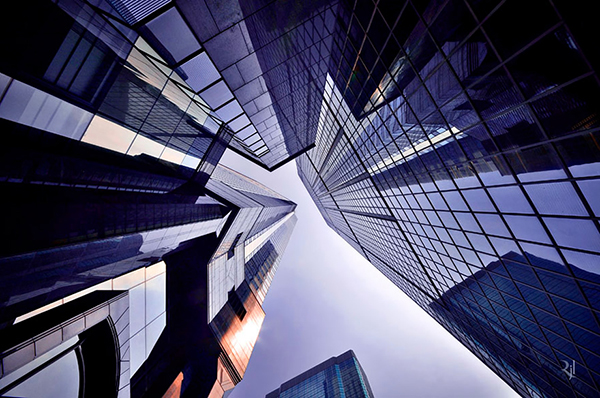
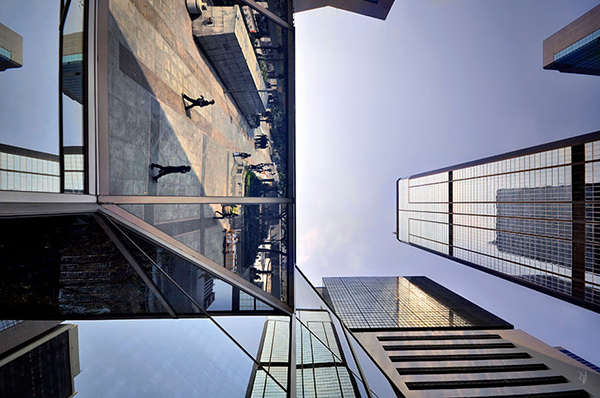
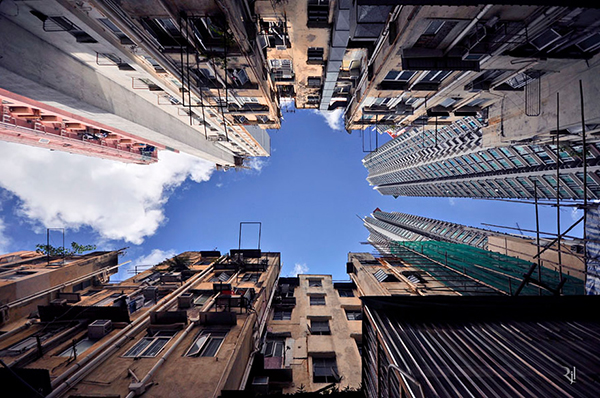
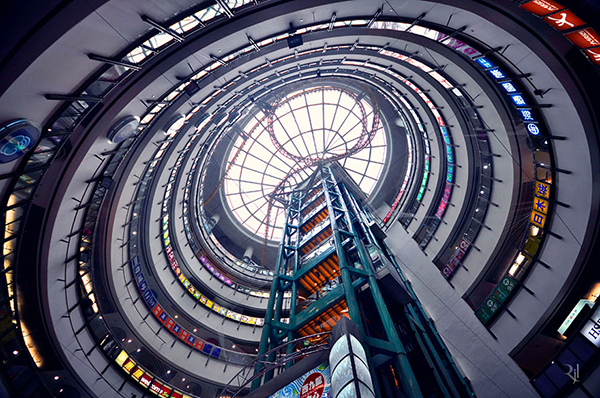
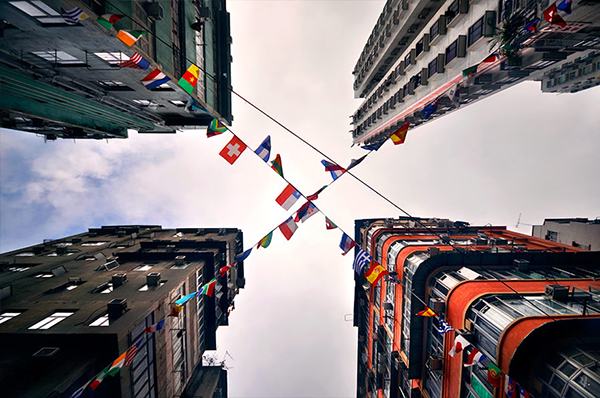
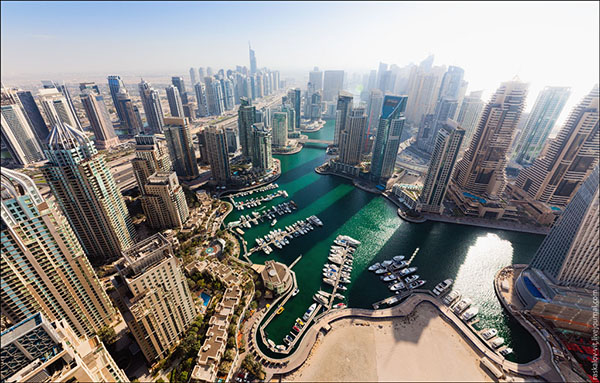

A new generation of young Russian photographers have a different and unexpected way of looking at a city. In ‘Roofer’s Point of View’ we follow Vadim Mahorov and Vitaliy Yakhnenko on their exciting journey to terrifying heights, capturing the city from places people would normally avoid. See video below.
See more here: raskalov-vit.livejournal.com

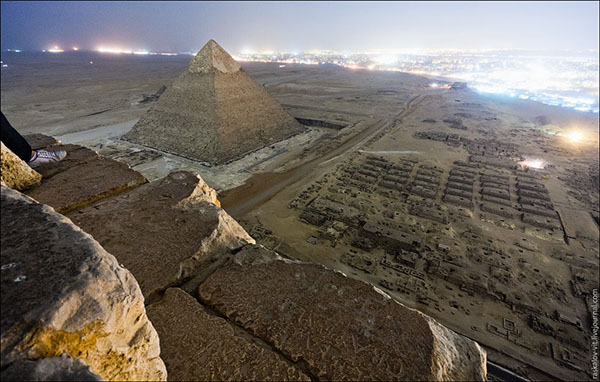
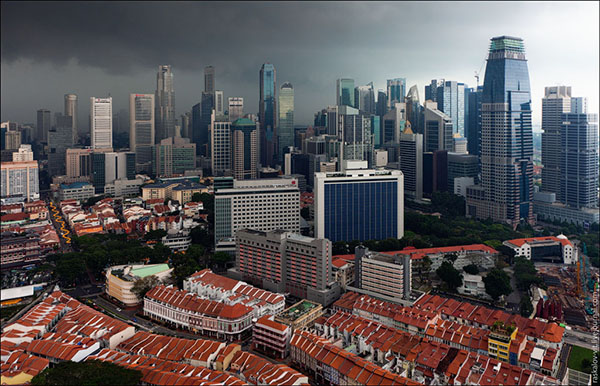
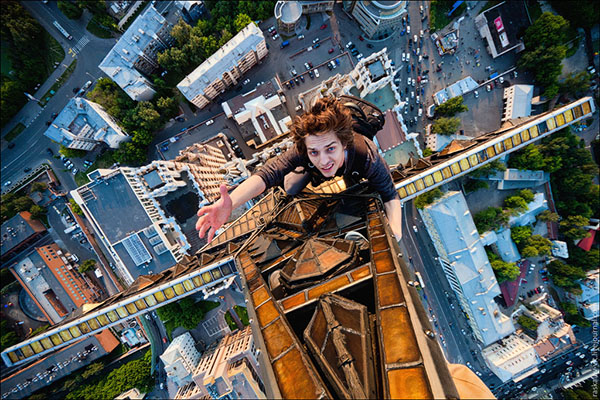
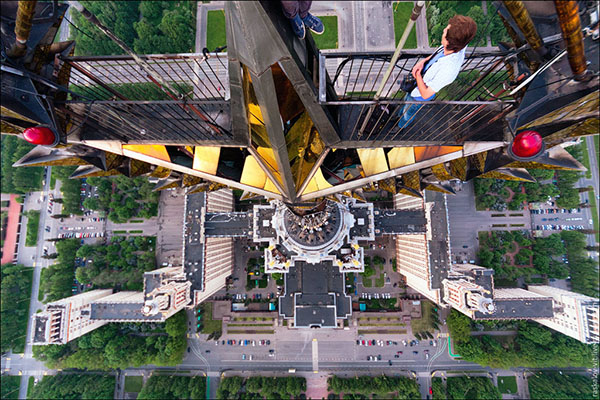
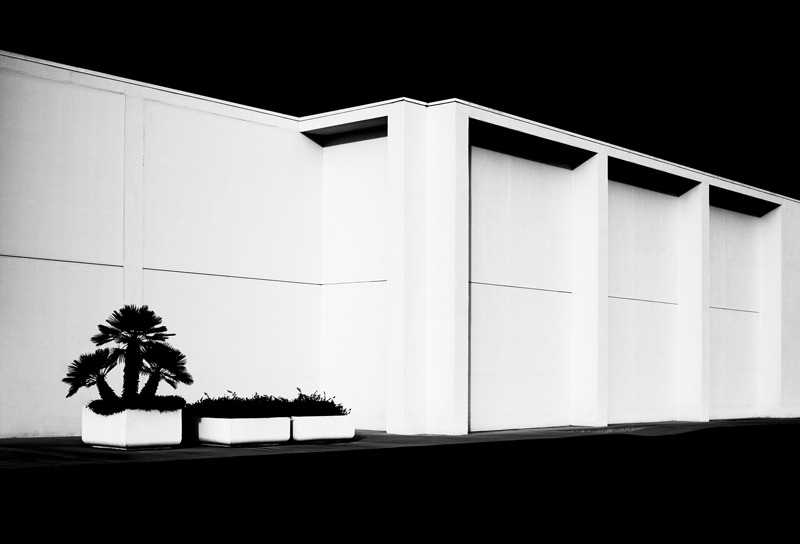

Color can distract. That’s why some photographers choose to shoot in black and white. I’m not sure if this is the reason why Nicholas Alan Cope photographs architecture in black and white. But it sure makes you look at the things he wants you to see, the lines and compositions. The art of the streets. And in some photographs the black seems to fade. To show us a white pallet of lines and shadows. Almost neoplasticism like the works of painter Piet Mondriaan. Except of course, without the red, blue and yellow. Nicolas Alan Cope takes the seemingly ordinary and photographs it in such a way that perhaps makes you look differently the next time you visit the mall or park your car in those giant concrete parking garages.
Nicolas Alan Cope’s website: cope1.com
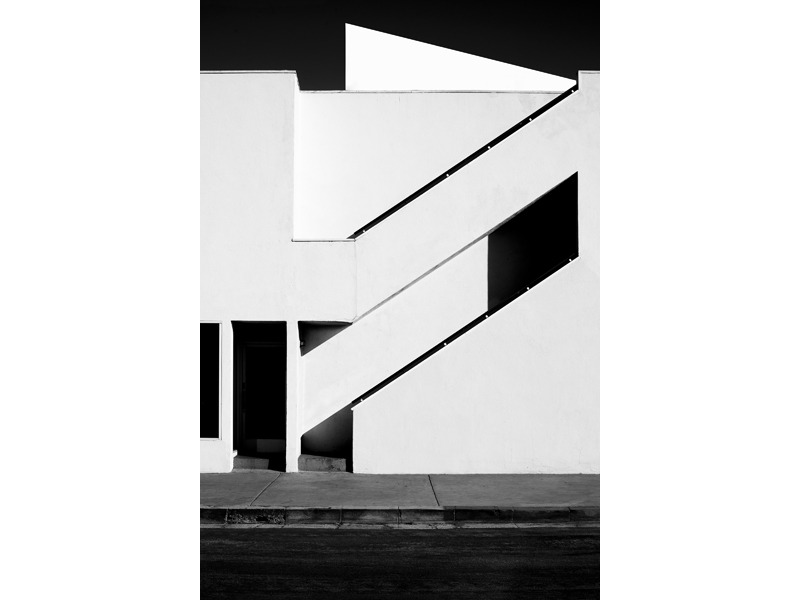
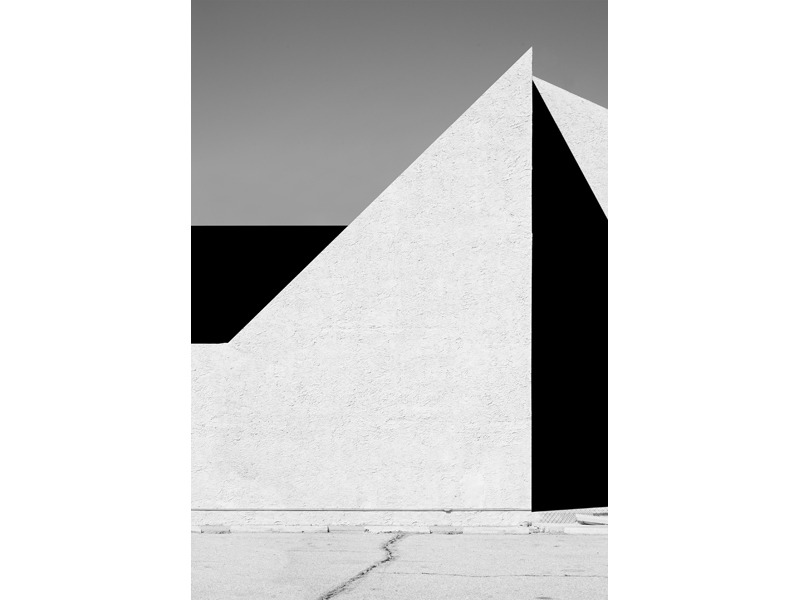
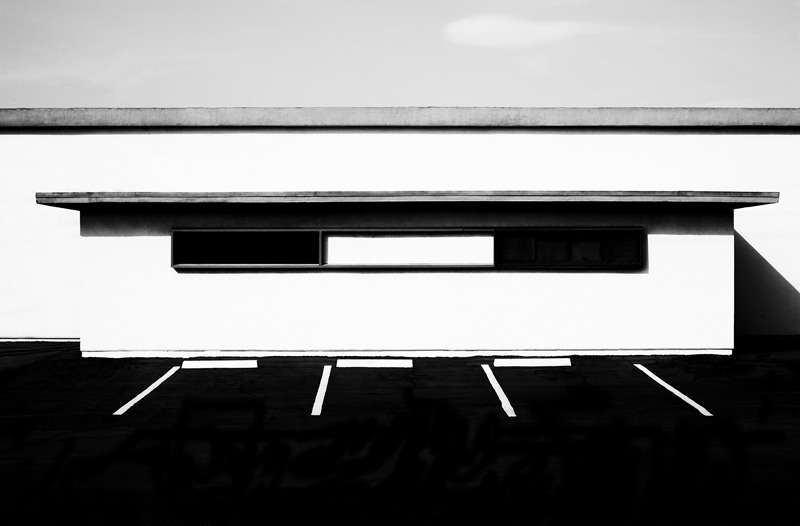
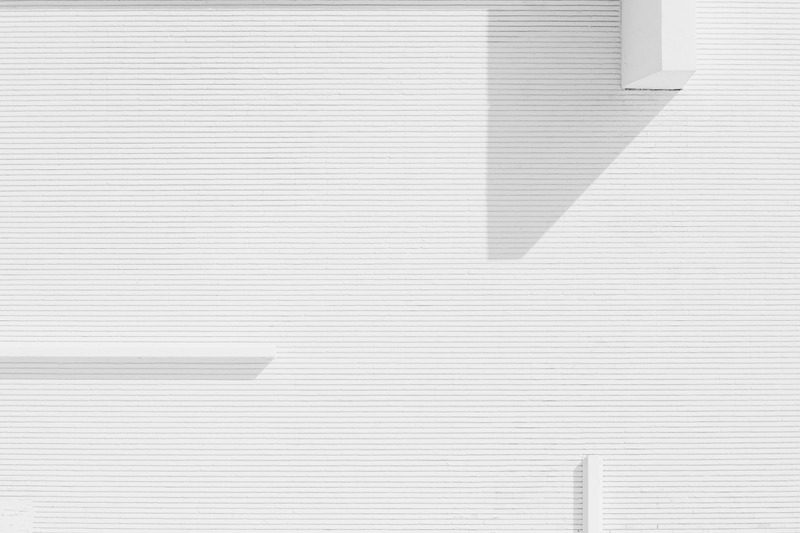
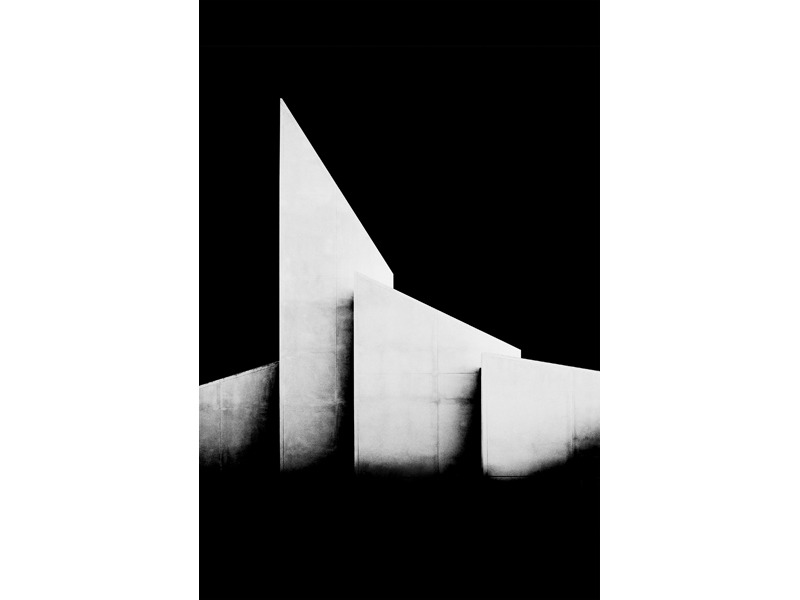
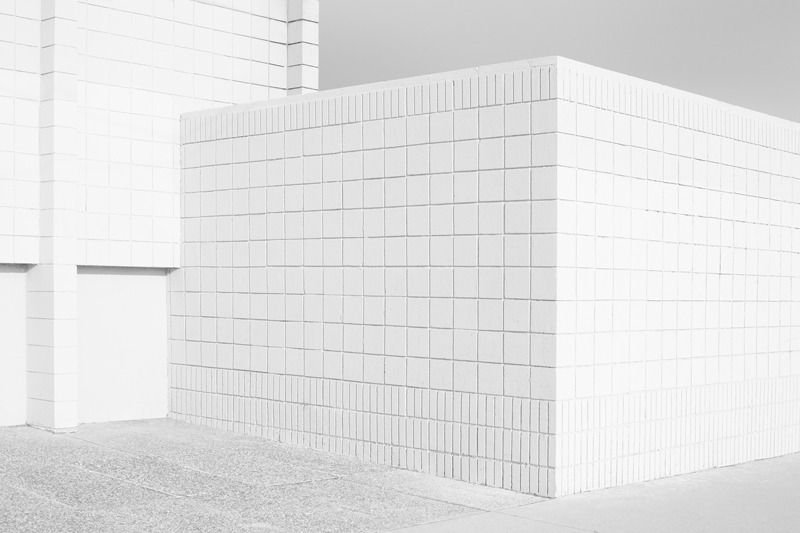
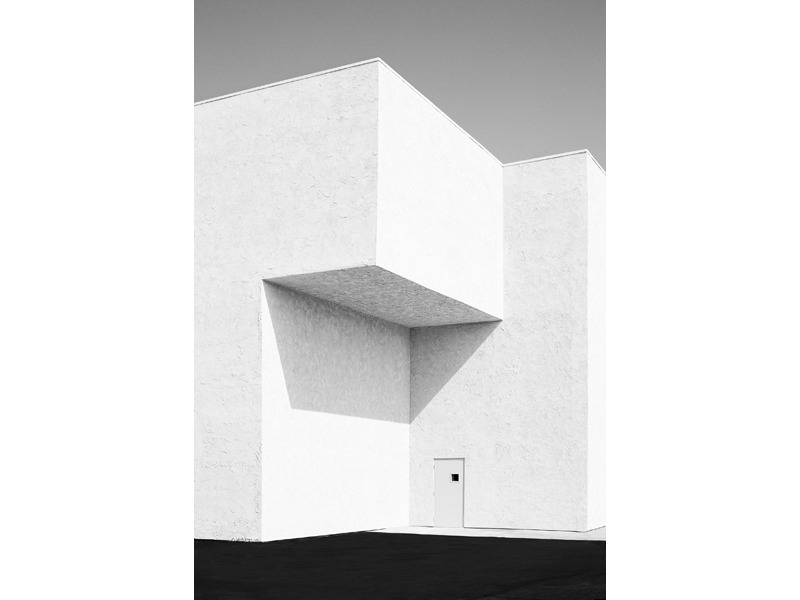
Nicolas Alan Cope’s website: cope1.com
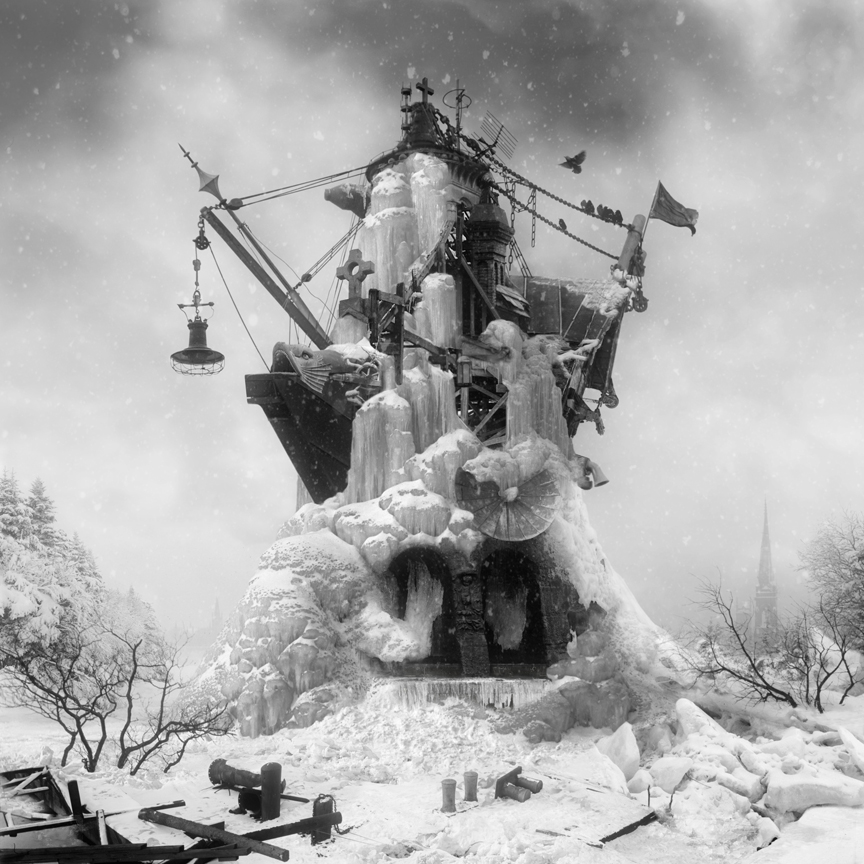

Some call him the M.C. Escher of photography. I’m talking about photographer and visual artist Jim Kazanjian. He constructs ‘Hyper-collages” as he calls it himself. These collages consists out of multiple images found on the internet. Some collages are made with a stunning 50 different photographs. He creates places that could come straight from a fairytale without even touching a camera. It seems that some photographers don’t let the reality stop their imagination of what can be ‘photographed’. Just like the absurd structures by Filip Dujardin, Jim Kazanjian manages to amaze and makes architectural photography the next subject when it comes to manipulating reality.
Jim Kazanjian’s website: www.kazanjian.net
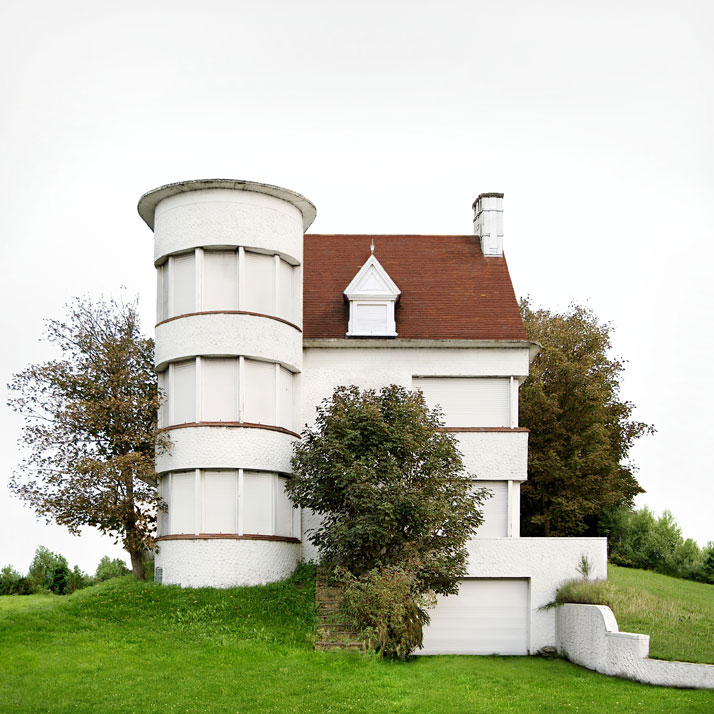

If you still think photography has something to do with depicting reality, you really should look at Filip Dujardin’s project (Dis)location. In this series he explores the concept of absurd structures. We all know that models in magazines are manipulated to become more suiting and perfect. Well Filip manages to become an architect who is not bothered by laws, both building as physics. Perhaps he got bored photographing buildings which seem too normal, being an architectural photographer.
In the series he used photographs of buildings in Deauville, France and Guimaraes, Portugal. These photo manipulations are almost an homage to surrealism. And have a strong link to certain types of architecture. The color and softness in the photographs makes that surreal feeling even stronger. This could well have been buildings designed by Disney’s Pixar.
Filip Dujardin’s website: www.filipdujardin.be
EDIT: The main picture and the first and third ones below the article are not from (dis)location but from his previous series, Fictions. You can find more information on Highlight Gallery’s page http://highlightgallery.com/ex… The exhibition will be on until March 29 at Highlight in San Francisco.


Photographer Jonathan Andrew set out to photograph some of the concrete residues of World War II. Bunkers. These bunkers are scattered around the Netherlands and other places in Europe. His long exposure photos deliver an impact that somehow suits the time period in which the bunkers where used. Dark and intimidating. Almost like the feeling one would have when being at war. A great reminder that Europe has been free of war for almost 70 years. If you look around in the world at other continents, one can’t say the same. Let use Jonathan’s work as a reminder and as an inspiration for great photography.
Jonathan Andrew’s website: www.jonathanandrewphotography.com